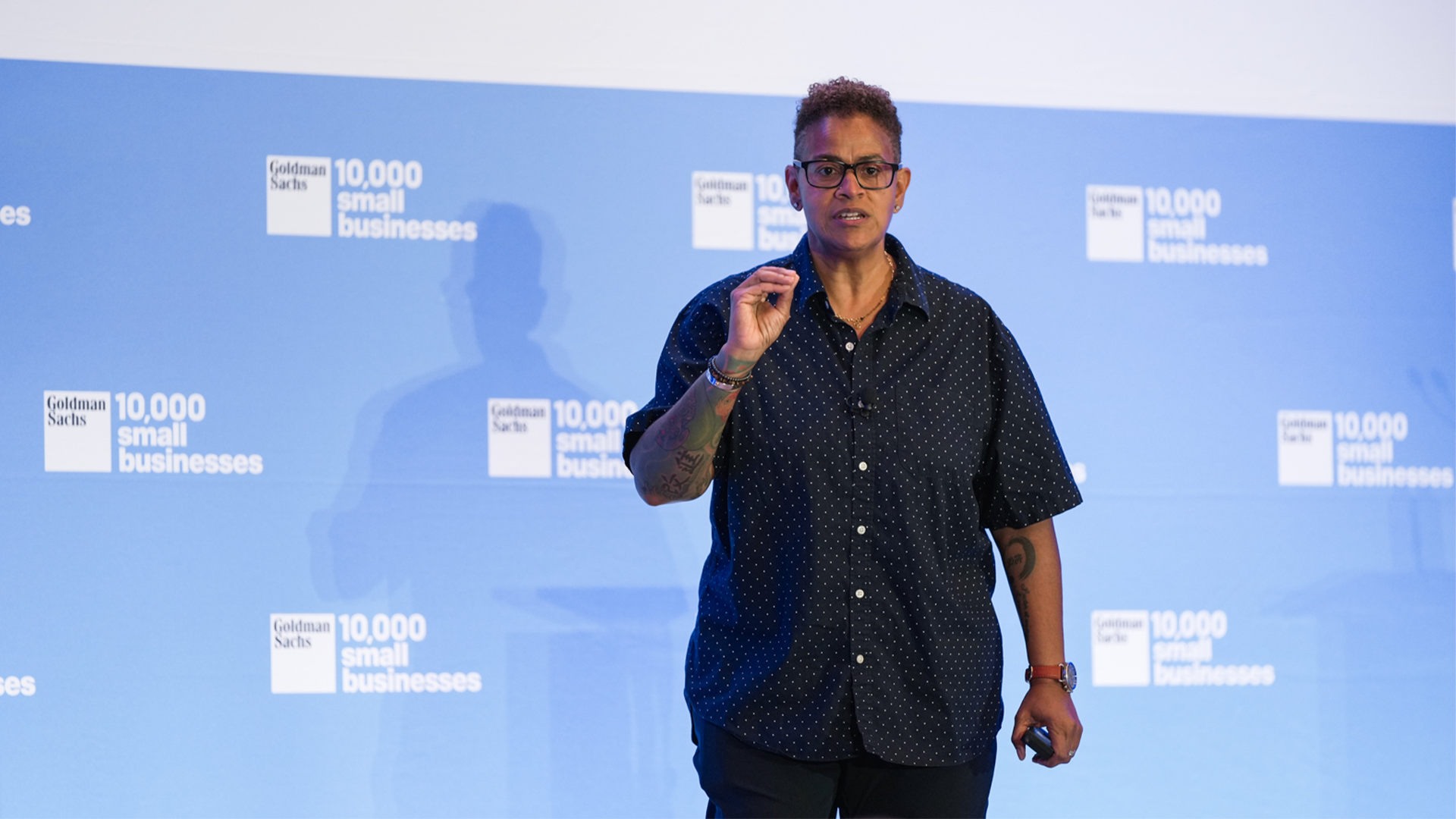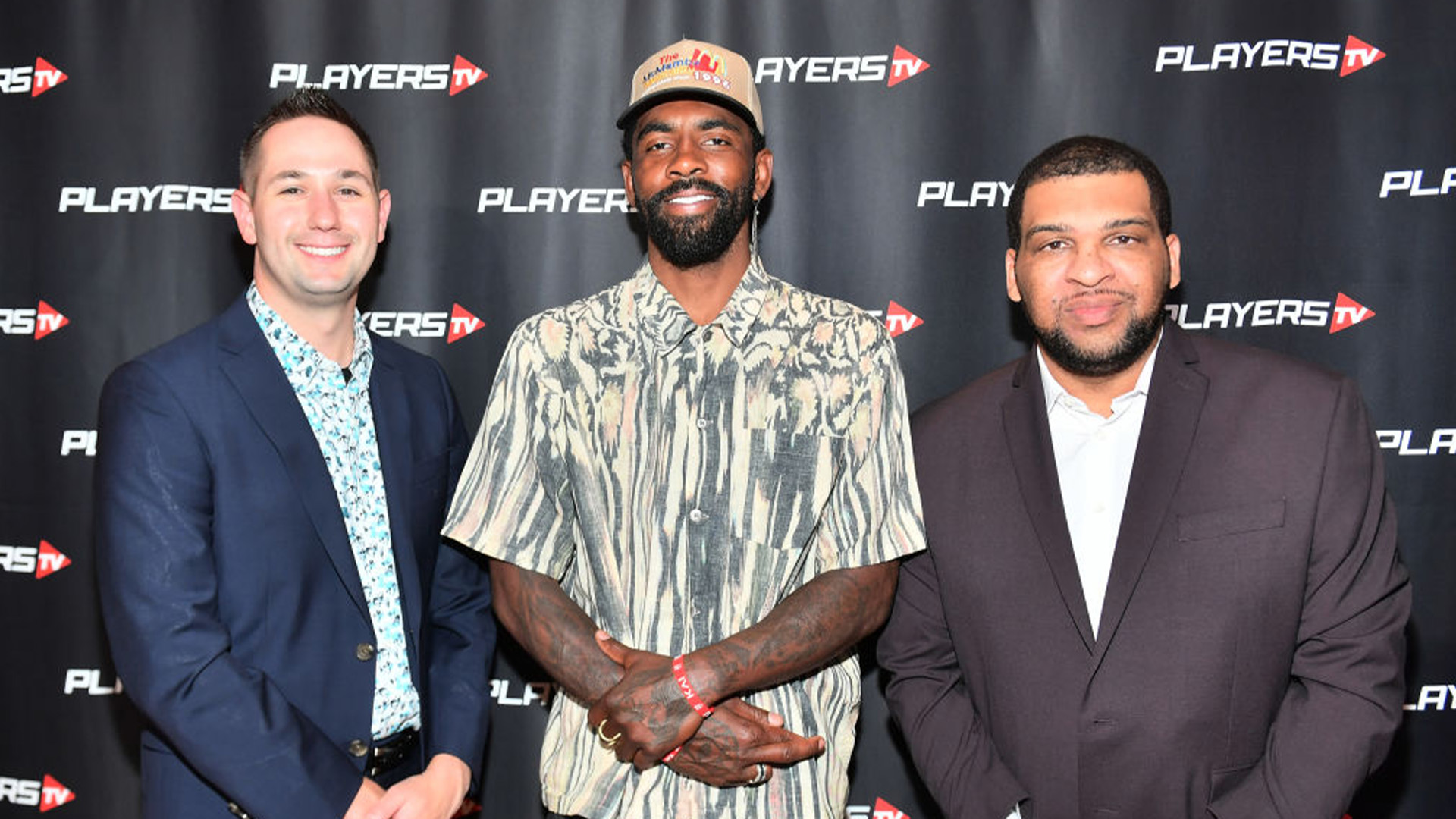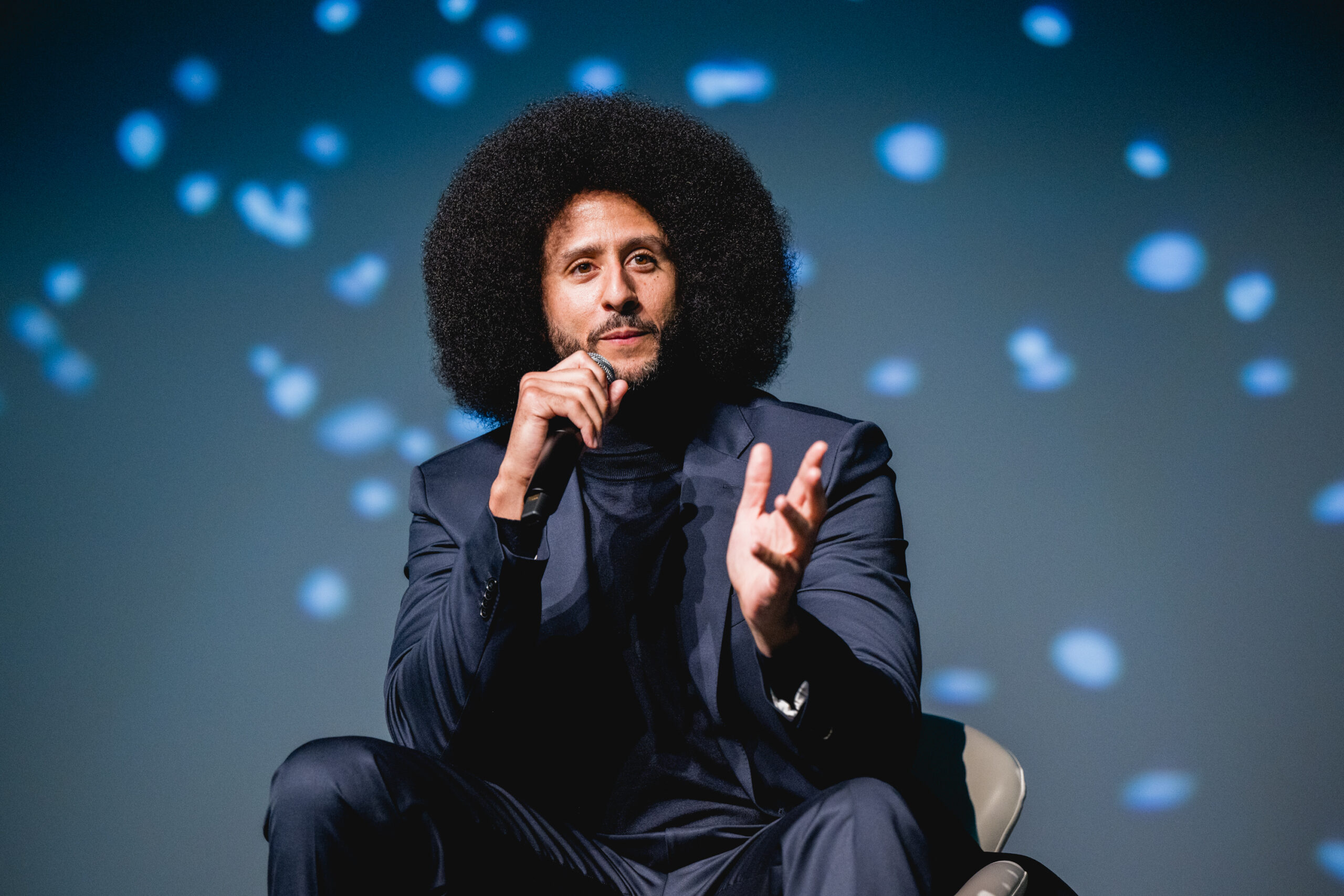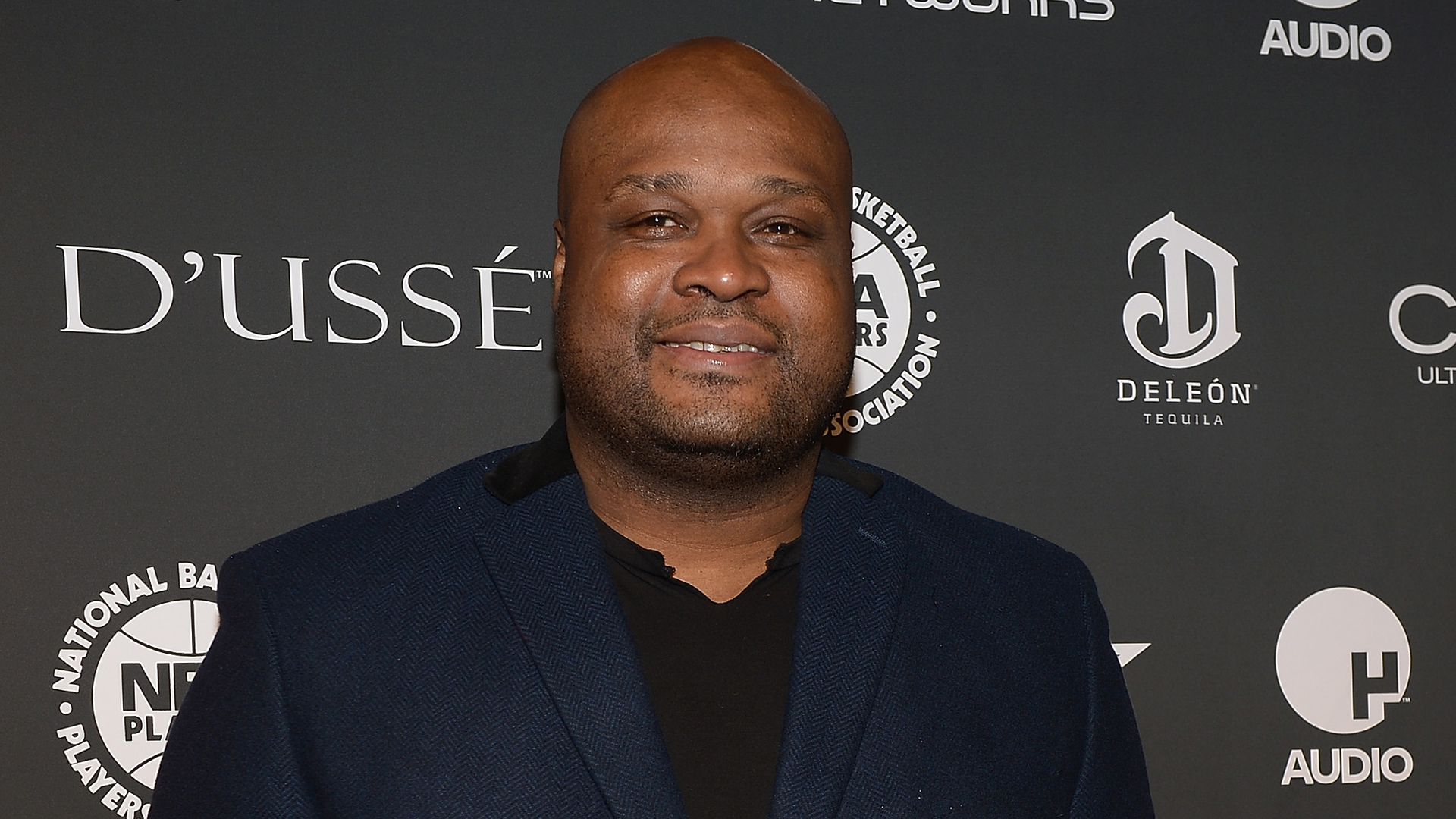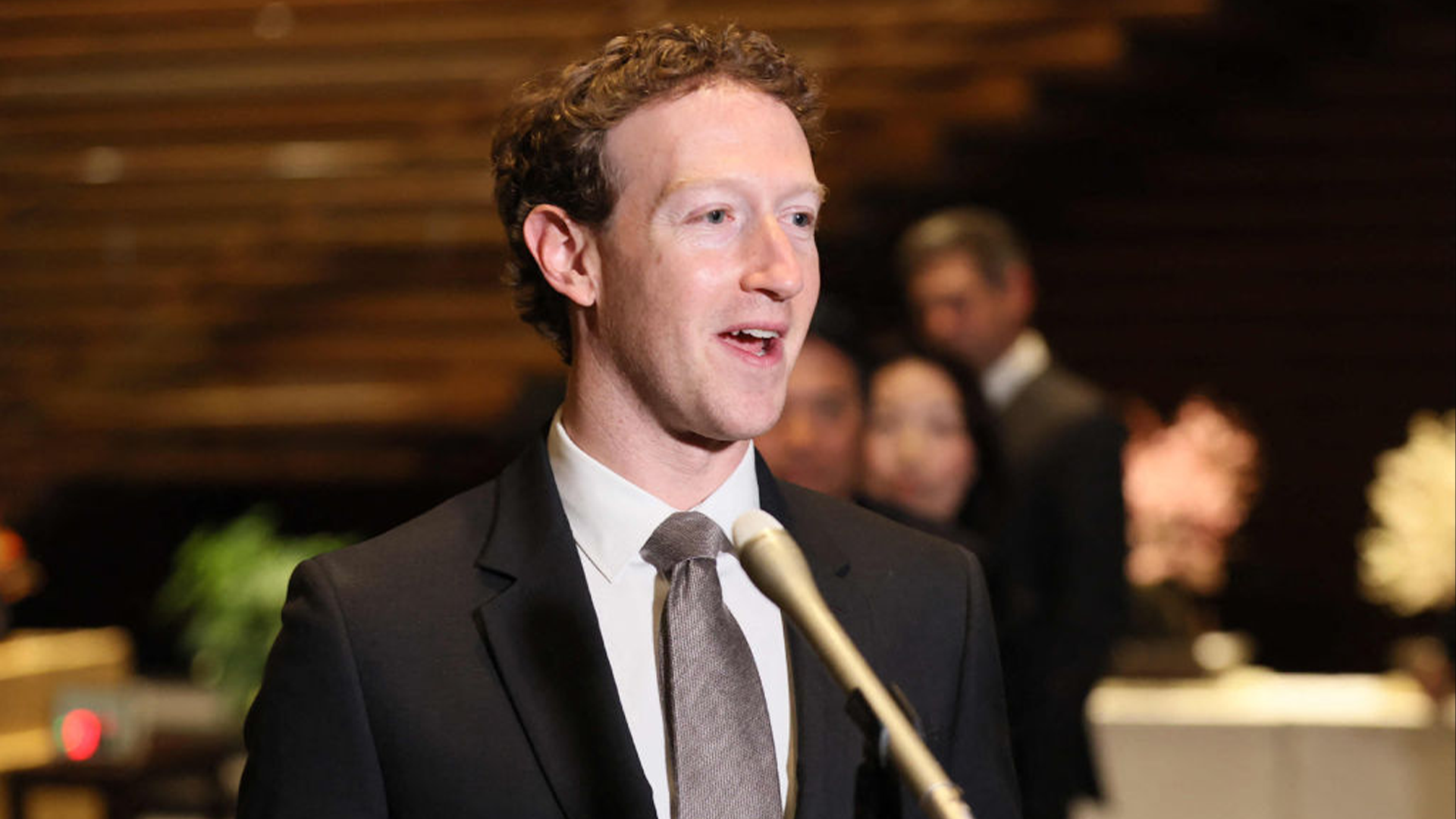Since launching 1863 Ventures in 2016, Founder and Managing Partner Melissa Bradley has learned all about what it means to make changes to create an even greater impact.
As previously reported by AfroTech, the D.C. -based company is on a mission to create $100 billion in new wealth by 2030 through its nonprofit programming and venture fund.
Following her session titled, “Owning your Growth Trajectory in Today’s Economy,” at Goldman Sachs 10,000 Small Businesses Summit, Bradley spoke about her own company’s shift in its course in an exclusive interview with AfroTech.
Helping Sustain Black And Brown Businesses Post-COVID
Although 1863 Ventures has been successful in shifting the narrative for Black and brown entrepreneurs — which she describes as the “New Majority” — there was a point where the company became stagnant due to there being no differentiation between the programs it offered at the time.
When Bradley and the team broke free from the idea that “one size fits all,” the productivity and growth of the businesses they support began to truly thrive.
“Once we were able to identify what were the unique needs of each of those segments, then, we’ve now developed respectfully an award-winning set of programs around that, which has allowed us to generate over a billion dollars of new revenue by our businesses,” Bradley shared with AfroTech. “We’ve created over 3,000 jobs in the last five years. And luckily, we had a 95 percent survival rate post-COVID for all of our businesses.”
Creating Community For Entrepreneurs Through Ureeka
Along with running things over at 1863 Ventures, Bradley is the co-founder of Ureeka — a platform dedicated to helping small businesses grow.
At the start of the growth engine’s path, she and her fellow co-founders worked tirelessly to recreate the Facebook interface to make space online for entrepreneurs to build a real community.
Since then, Ureeka has transformed into a platform where entrepreneurs can share what they’ve learned and save one another from pitfalls through shared knowledge.
“In the first probably three months, Dave [Jakubowski] and I stayed up 24 hours just trying to answer people’s questions. That was our brand promise. But, we realized we wanted to create a safe space and trust that you could put your question there and somebody would answer. Once we let the community loose, we realized we didn’t have to do that anymore.”
She added: “Allowing the community to work for itself despite people saying [things] like business is competitive, it’s [a] dog eat dog [world] — the reality is that other business owners want to help each other.”
What's Coming For Black Business Month
While supporting Black businesses is an all-day, everyday mission for Bradley, she and her companies are set to come in hot for August — Black Business Month — to further amplify the message that Black entrepreneurs are not only here to stay, but will continue to flourish.
“In my session, I was joking that Black people are still popular, but I don’t know how much longer that’s going to be,” Bradley said. “So, I’m not naive that I want to put all my efforts during August, but how do we consistently show up and help the fastest-growing segment of entrepreneurs in this country? We have to remember that four million new businesses were started, which is after a 40-year decline in entrepreneurship amongst white men, the majority of those businesses have been Black women. How do we continue to sustain those services? Not just during February and August, but how do we continue to harness them?”
She continued: “We’re doing some more fundraising and thinking about more funds. We’re thinking about expanding our programs. We’ve got some new partnerships coming out. All that, but not just because it’s August, but because people are finally understanding the significance of supporting Black business because we are the drivers of the economy and certainly in job creation.”
